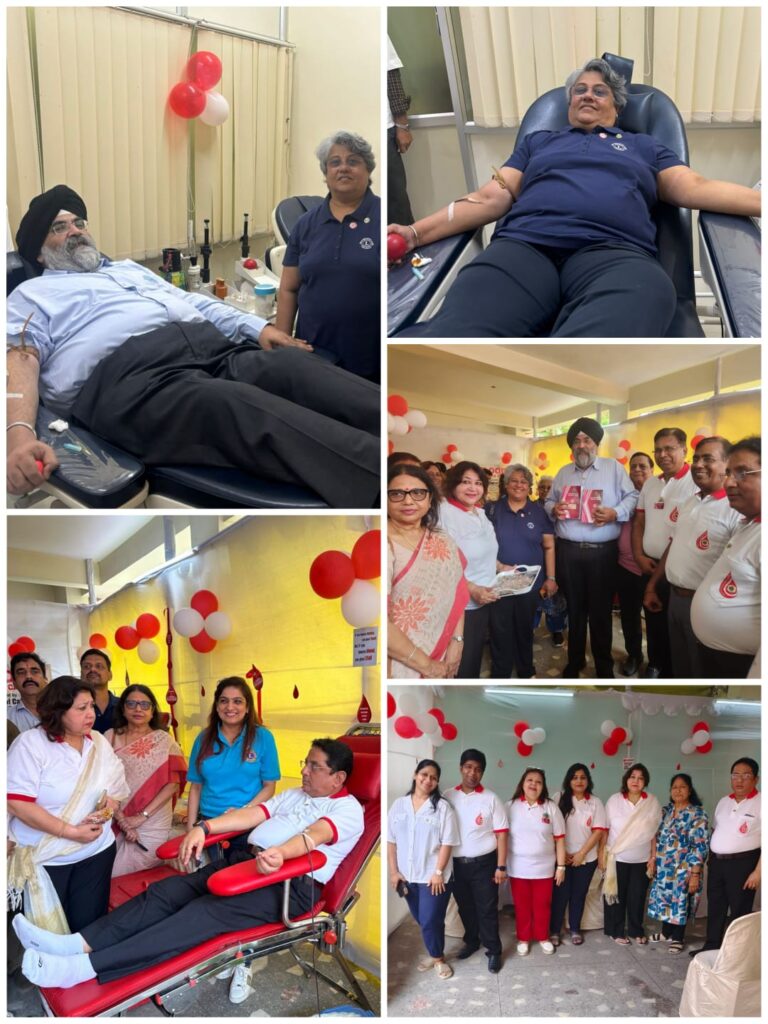Importance Of Blood Donation
One unit of donated blood can help save lives of more than one person. Everyday thousands of people would die if others do not donate their blood. Who knows you or a member of your family may need the gift of blood one day.
Who can Donate Blood?
Age – between 17-65 years.
Weight- minimum acceptable weight is 50 Kg.
Individual with no history of any viral hepatitis.
Individual with no history of drug abuse.
At least eight weeks have elapsed since the last donation.

What is Apheresis ?
Apheresis is the process of removing a specific component of the blood, such as platelet, and returning the remaining components, such as Red Blood Cells and Plasma, to the donor. This process allows more of one particular part of the blood to be collected than could be separated from an unit of Whole Blood. Apheresis is also performed to collect Plasma (liquid part of the blood) and Granulocytes (White Blood Cells).
The Apheresis donation procedure takes longer than Whole Blood donation. A Whole Blood donation takes about 10-20 minutes to collect the blood, while an Apheresis donation may take about 1-2 hours.
Apheresis donation. Selected donors are invited to a clinic on a programmed schedule to donate their plasma for production use only.
How can I donate my blood ?
You can give blood in Donor Centers. You can refer to the nearest Blood Bank and register as a voluntary donor. It’s a quick and step-by-step process. It takes about one hour.
Step One: Registration. You will be asked to fill a registration form.
Step Two: Complete medical screening. A technician will take your vital signs and ask you questions about your general health and lifestyle in a private setting. All blood banks have their established stringent guidelines that donors must meet. It is during this process that you may be temporarily or permanently deferred. All information remains confidential.
Step Three: Prepare for your blood donation. A physician will clean your arm and use a sterilized needle. Each needle is used only once and then discarded. There is no chance of contracting AIDS or any other communicable disease from donating blood.
Step Four: Relax for minimum of 10 minutes after donating your blood. During this time, you should take plenty of fruit juices and other liquids in order to raise your blood sugar and replenish your fluids.
Step Five: Donate again!
You may give the gift at an interval of minimum of three months subject to the health condition.
